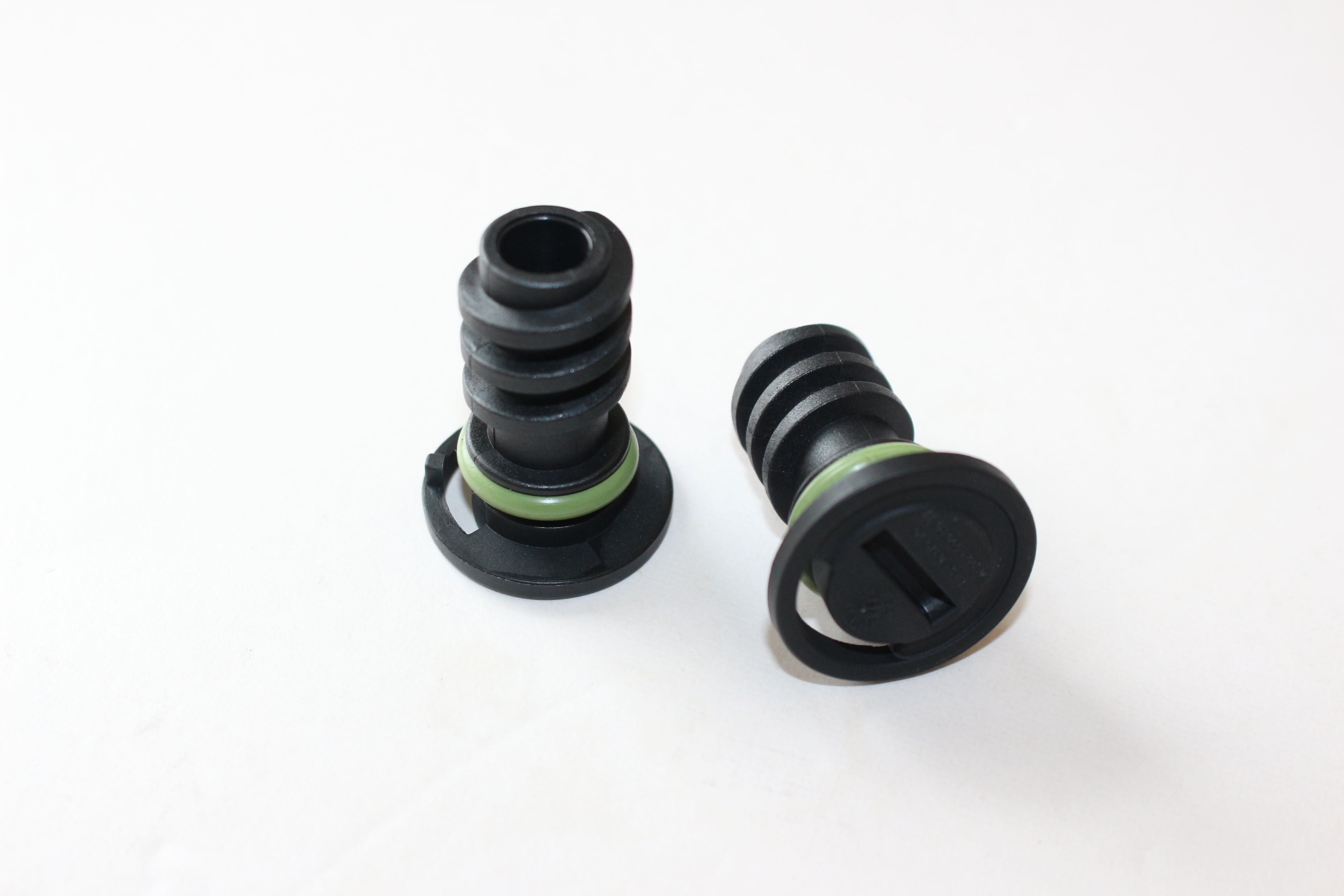Nylon Washer Solutions for Effective Oil Drain Plug Sealing and Maintenance Needs
The Importance of Nylon Washers for Oil Drain Plugs
When it comes to automotive maintenance, one of the most critical tasks is ensuring that your vehicle's oil remains in optimal condition. Regular oil changes not only prolong the engine's life but also enhance its performance. One often-overlooked component in this process is the oil drain plug, and more specifically, the nylon washer used in conjunction with it. This article will delve into the significance of nylon washers for oil drain plugs, examining their material properties, benefits, and proper usage.
What is a Nylon Washer?
A nylon washer is a flat, disc-shaped accessory made from nylon, a synthetic polymer known for its durability and resistance to corrosion. These washers are typically used in various mechanical applications to create a seal between two surfaces. In the context of oil drain plugs, nylon washers help to ensure an airtight fit, preventing leaks and ensuring that the engine oil is contained within the engine.
Advantages of Nylon Washers
1. Corrosion Resistance One of the primary advantages of nylon washers is their resistance to corrosion. Unlike metal washers, which can rust or corrode over time when exposed to oil and moisture, nylon washers remain intact and functional, maintaining their sealing properties.
2. Chemical Resistance In addition to being corrosion-resistant, nylon is also chemically inert, meaning it does not react with the oils or lubricants used in vehicles. This property helps to maintain the integrity of the washer, allowing it to provide a reliable seal throughout the life of the oil change.
3. Durability and Flexibility Nylon is known for its toughness and ability to withstand mechanical stress without deforming. This makes it ideal for providing a durable seal in high-pressure environments, such as those found in automotive engines. Additionally, the flexibility of nylon allows it to adapt to minor imperfections in the surface of the oil drain plug and the oil pan, further enhancing the seal.
4. Cost-Effectiveness Nylon washers are relatively inexpensive, making them an economical choice for vehicle maintenance. Given their long lifespan and effectiveness in preventing oil leaks, investing in nylon washers can save vehicle owners both time and money in the long run.
nylon washer for oil drain plug

Proper Usage of Nylon Washers
To maximize the benefits of nylon washers, it is essential to use them correctly during an oil change
. Here are some tips for proper usage- Inspect Before Use Always inspect the nylon washer before installing it. Look for any signs of wear, warping, or damage. A compromised washer will not provide an effective seal and may lead to leaks.
- Ensure Correct Size Make sure that the washer is the correct size for your oil drain plug. A washer that is too small may not seal effectively, while one that is too large could create unnecessary stress and potential failure.
- Replace Regularly It is advisable to replace the nylon washer each time you perform an oil change. Over time, the washer can degrade due to exposure to heat and oil, losing its ability to seal effectively.
- Torque Specifications When reinstalling the oil drain plug, follow the manufacturer's torque specifications. Over-tightening can damage the washer and the drain plug, while under-tightening can result in leaks.
Conclusion
In summary, nylon washers for oil drain plugs play a crucial role in maintaining the integrity of the engine's lubrication system. Their resistance to corrosion and chemicals, combined with their durability and cost-effectiveness, make them an essential component in automotive maintenance. By understanding their significance and following proper usage guidelines, vehicle owners can ensure that their engines remain leak-free and operate at peak performance. Investing in a good quality nylon washer during oil changes is a small but vital step toward prolonging the life of your vehicle and ensuring its reliability on the road.
-
Understanding Marine Bearings: The Key to Smooth Sailing and Safe Trailering
News May.08,2025
-
Understanding Critical Gaskets in Oil System Maintenance: From DT466 to 7.3 Powerstroke
News May.08,2025
-
Essential Guide to Marine Bearings and Trailer Hubs: Ensuring Safe Navigation and Transport
News May.08,2025
-
Essential Car Repair Kits Every Vehicle Owner Should Know About
News May.08,2025
-
Engine Restoration Essentials: Tools and Kits Every Mechanic Needs
News May.08,2025
-
Critical Marine Bearing Components: Ensuring Smooth Sailing and Safe Hauling
News May.08,2025
-
Understanding Automotive Gaskets: Keeping Your Engine and Transmission Leak-Free
News May.07,2025
Products categories















